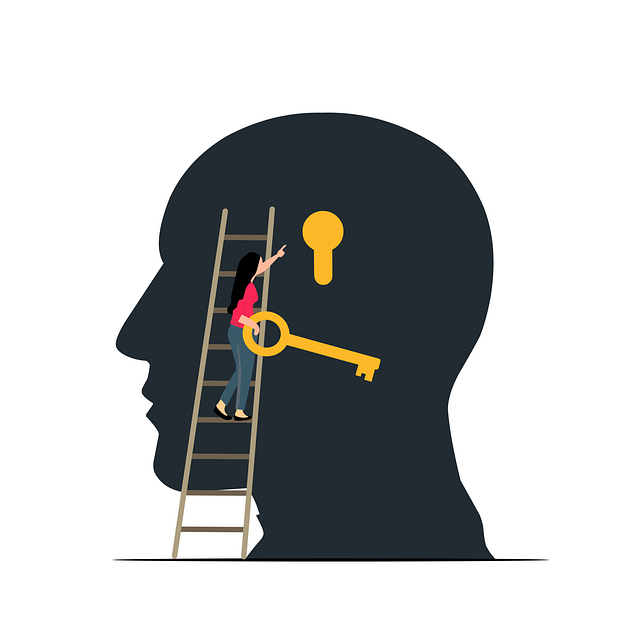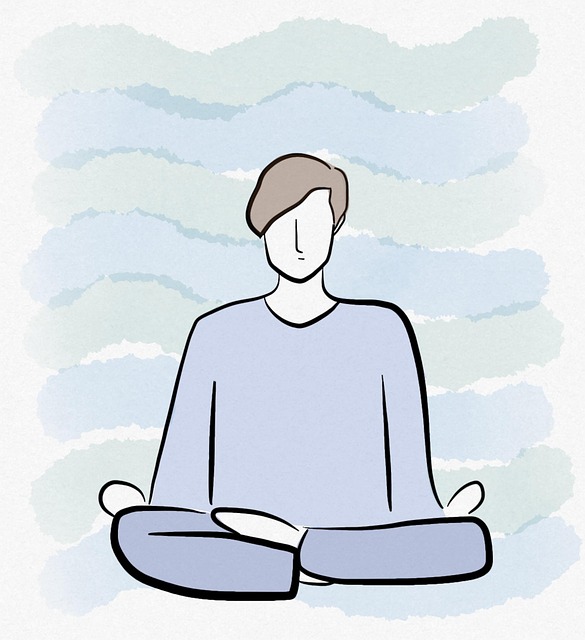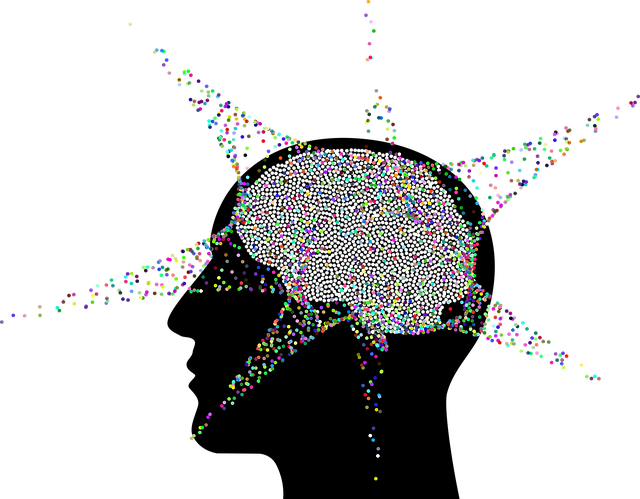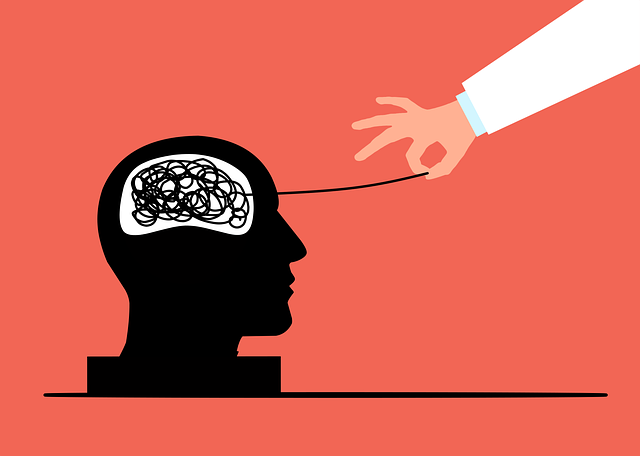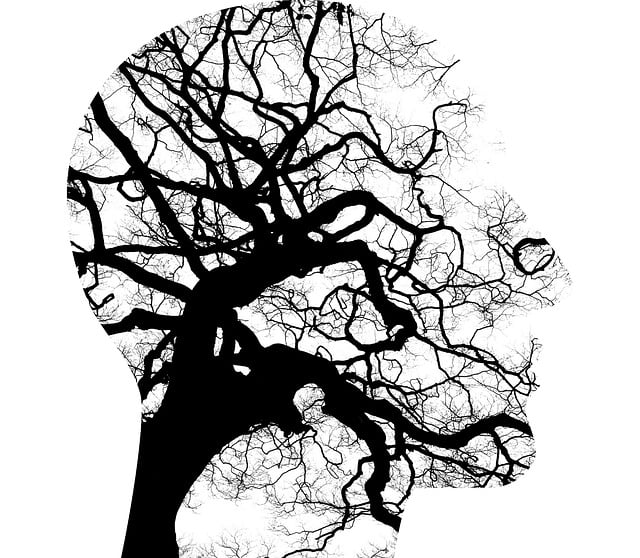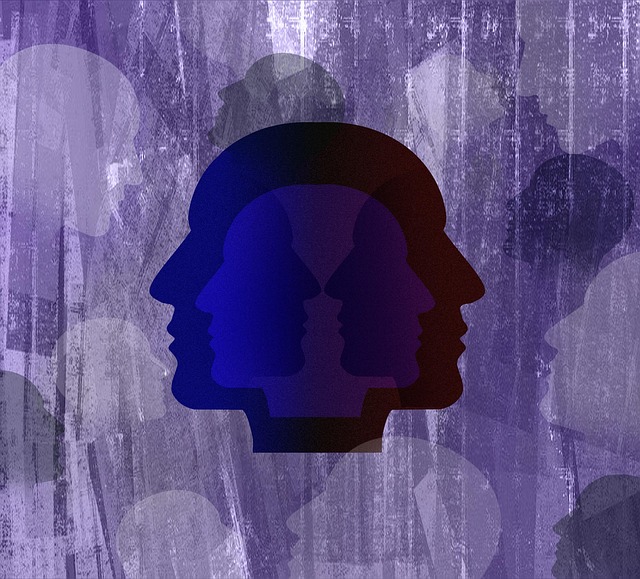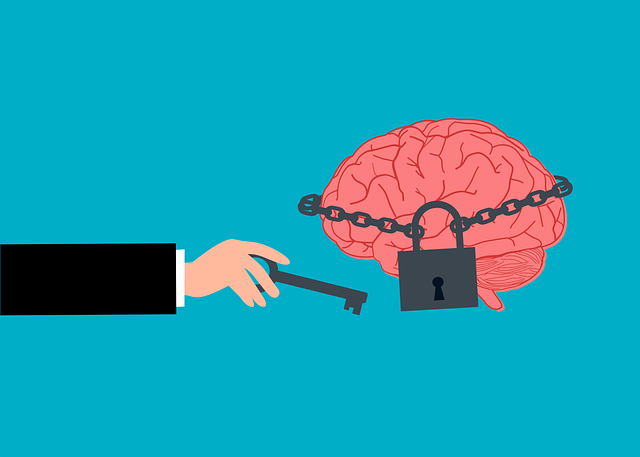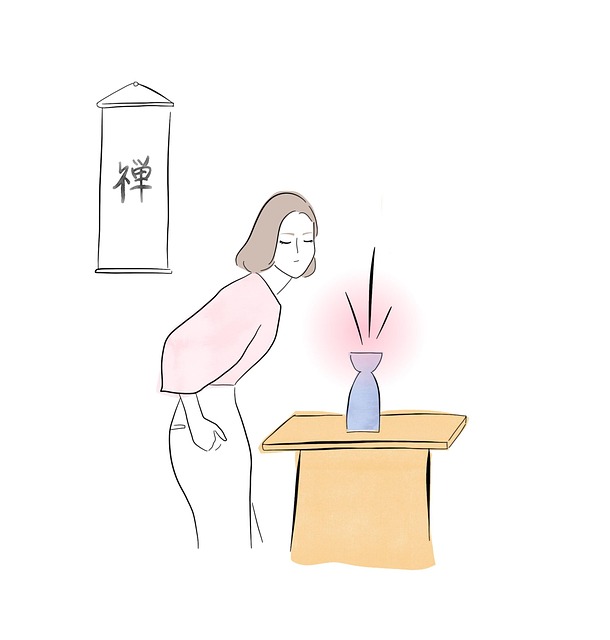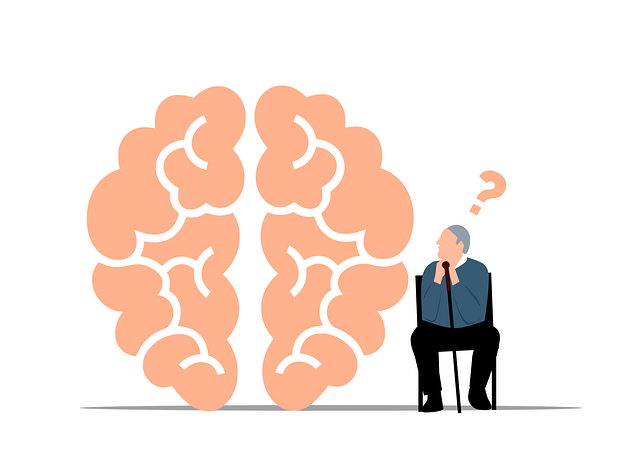In today's digital age, understanding mental wellness requires addressing unique challenges and opportunities presented by technology. Online platforms like Lafayette Relationship Issues Therapy offer easier access to therapy and support groups, reducing stigma. To maximize benefits, it's crucial to address data security and privacy concerns. Mental wellness apps bridge traditional therapy with modern lifestyle, providing tools for stress management and crisis support. A top-notch app tailored for Lafayette residents should include personalized mood tracking, mindfulness exercises, virtual sessions with licensed professionals, and self-care practices. Development involves pinpointing unmet needs, market research, core feature definition, design phase, iterative improvements, beta release, marketing, user engagement, and retention strategies to foster mental wellness journeys.
In today’s digital age, mental wellness apps are transforming access to care. “Understanding Mental Health and Wellness in the Digital Age” explores the growing importance of digital tools in addressing psychological well-being. This article delves into the development of a unique solution, the Lafayette Relationship Issues Therapy app, tailored for couples navigating challenges. By examining target audiences, key features, development processes, and marketing strategies, we highlight how innovative apps like this one are revolutionizing therapy access and enhancing mental health support.
- Understanding Mental Health and Wellness in the Digital Age
- Target Audience for Lafayette Relationship Issues Therapy App
- Key Features and Functionality of the App
- Development Process: From Concept to Launch
- Marketing and User Engagement Strategies for Success
Understanding Mental Health and Wellness in the Digital Age

In the digital age, understanding mental wellness involves recognizing the unique challenges and opportunities presented by technology. While online platforms can facilitate access to therapy and support groups like Lafayette Relationship Issues Therapy, they also contribute to the growing concern of mental illness stigma reduction efforts. As more individuals seek counseling through digital channels, it becomes imperative to address potential risks associated with online therapy, such as data security and privacy concerns.
Mental wellness apps aim to bridge the gap between traditional therapy and modern lifestyle by offering tools for stress management workshops organization and risk management planning for mental health professionals. These innovations must prioritize user experience and evidence-based practices to ensure their effectiveness in promoting mental well-being. By integrating features that cater to various aspects of mental health, from mindfulness exercises to crisis support resources, these apps can play a pivotal role in fostering healthier minds within our digitally interconnected world.
Target Audience for Lafayette Relationship Issues Therapy App

The Lafayette Relationship Issues Therapy app is designed with a specific target audience in mind – individuals and couples seeking support for their emotional well-being and relationship dynamics. This digital therapy platform caters to those who may face challenges related to communication, conflict resolution, or cultural barriers in their relationships. By addressing Lafayette Relationship Issues, the app aims to help users cultivate healthier connections and improve overall mental wellness.
The app’s focus on cultural sensitivity in mental healthcare practice is a key feature, recognizing that diverse populations have unique needs and experiences. It incorporates tools to enhance emotional intelligence, enabling users to understand and manage their emotions more effectively. Furthermore, the app encourages the development of a structured self-care routine for better mental health, ensuring individuals can prioritize their emotional well-being alongside their relationships.
Key Features and Functionality of the App

A mental wellness app designed to cater to Lafayette residents facing relationship issues and seeking therapy should offer a comprehensive suite of features to ensure effective support. Key functionalities include personalized mood tracking, where users can log their emotions daily, setting achievable goals for self-improvement. Integrated mindfulness exercises, such as guided meditations tailored to specific challenges, empower users to cultivate mental resilience. The app should also facilitate virtual therapy sessions with licensed professionals specializing in relationship issues, providing a safe, private space for open dialogue and tailored advice.
Additionally, incorporating features focused on self-care practices and mental health awareness can enhance the app’s value. This could include educational content on burnout prevention strategies for healthcare providers, given the high prevalence of stress in this demographic. By offering practical tools for managing stress, anxiety, and depression, the app becomes a valuable resource not only for individuals dealing with relationship issues but also for anyone seeking holistic mental wellness, promoting a healthier Lafayette community.
Development Process: From Concept to Launch

The development process for a mental wellness app, from concept to launch, is both intricate and rewarding. It begins with identifying specific needs in the market, such as addressing Lafayette Relationship Issues Therapy, where many couples seek guidance but have limited access to traditional therapy options. This stage involves extensive research, user interviews, and competitor analysis to understand pain points and existing solutions.
Once the core features are defined, developers dive into designing an intuitive user interface that incorporates Mind Over Matter Principles to empower users with self-care tools. Emotional Intelligence and Social Skills Training modules become integral components, ensuring the app caters to a holistic approach to mental wellness. The development team collaborates closely, iterating designs based on feedback loops, testing functionality, and refining the overall user experience. This collaborative process culminates in a beta release, allowing select users to provide valuable insights before the official launch.
Marketing and User Engagement Strategies for Success

Marketing and user engagement are pivotal to the success of any mental wellness app, especially in competitive markets like Lafayette, where diverse options exist for individuals seeking therapy for relationship issues or burnout prevention strategies for healthcare providers. A robust marketing strategy should focus on creating awareness, establishing trust, and highlighting unique features that set your app apart. Leveraging social media platforms, collaborating with influencers, and offering free trials or introductory sessions can attract users interested in self-esteem improvement and other mental health services.
Effective communication strategies are key to retaining users. Regular content updates, engaging newsletters, and personalized notifications keep users informed about new features, success stories, and expert advice. Building a community around the app through forums or peer support groups fosters connections, encourages user-generated content, and strengthens loyalty. Remember that successful engagement means not only acquiring users but also nurturing their mental wellness journeys by providing value at every touchpoint, from initial download to ongoing use.
The development of mental wellness apps, such as the Lafayette Relationship Issues Therapy app, offers a promising digital solution for addressing emotional challenges. By targeting specific user groups and incorporating tailored features, these applications have the potential to revolutionize access to therapy and support. Through a well-planned development process, effective marketing strategies, and a focus on user engagement, the Lafayette Relationship Issues Therapy app can make a significant impact, providing users with tools to navigate and improve their mental health in the digital era.
